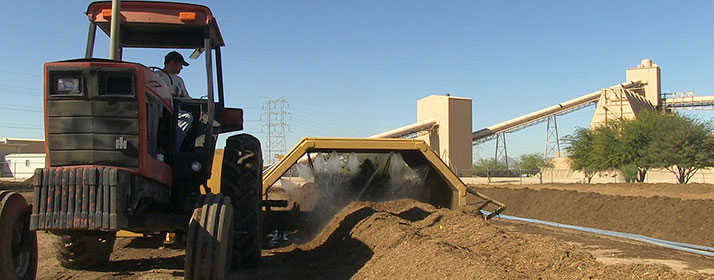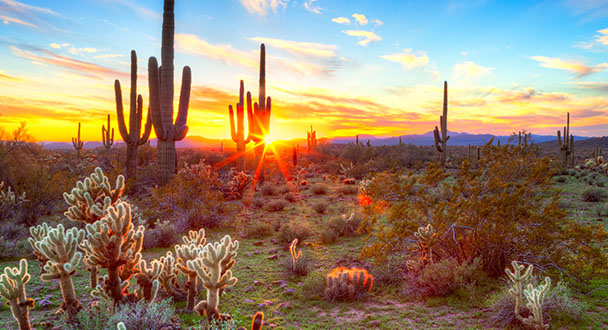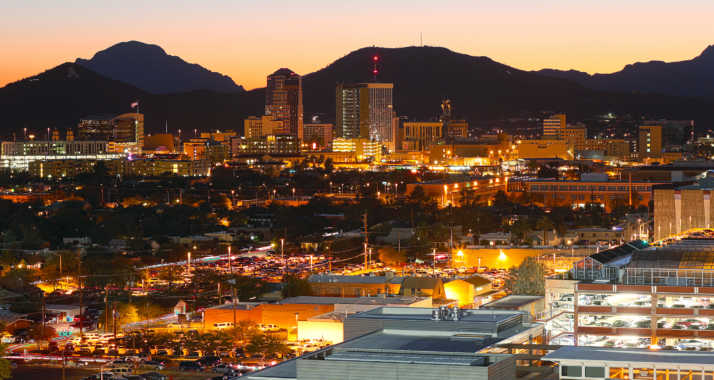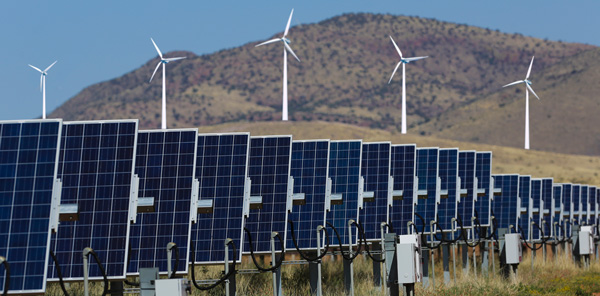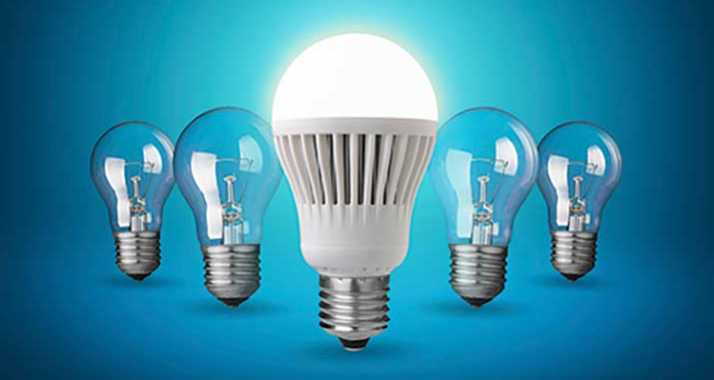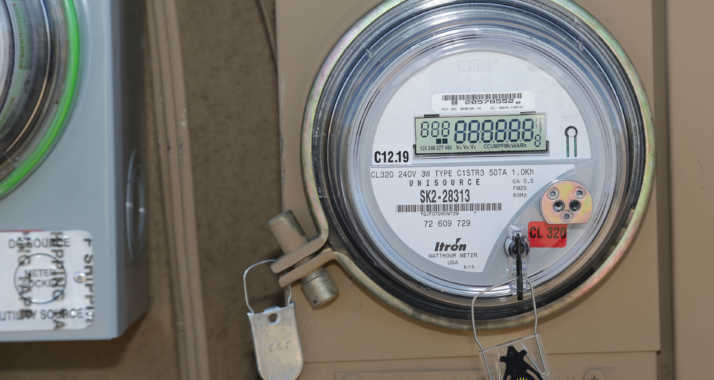

Tucson’s dry desert climate has its own particular set of opportunities — and challenges — when it comes to energy efficiency.
For extra cooling in the summer, think back to those early desert dwellers who lived here without the benefit of air conditioning.
“If you take a step back, shading is the oldest strategy. Before we had mechanical cooling, that’s where we started,” said Mike Baruch, Tucson Electric Power’s Residential Energy Efficiency Program Manager.
Picture the University of Arizona’s Old Main, with its wraparound second story porch and roof overhang that together provide shade for both stories.
Planting shade trees will work wonders for modern Tucson homes. Focus on the south and west sides of your home for the most bang for your buck.
TEP’s shade trees program offers customers shade trees at a discounted rate. The program has added more than 83,000 trees to the Tucson area over its 20-plus years.
In the summer, take advantage of the hot air to dry clothes outside, particularly swimsuits and towels, and use an energy efficient variable-speed pump for your swimming pool.
Customers participating in TEP’s new Energy-Efficient Pool Pump Rebate Program can receive a $120 rebate by purchasing an ENERGY STAR-qualified variable-speed pump from a TEP-qualified pool professional. With proper calibration, variable-speed pumps can reduce energy use by 70 percent and save users more than $300 a year in energy costs.
Tucson’s late summer monsoon rains bring a comforting coolness, but for energy efficiency, think first before opening your windows to bring that cooler air inside. “You may be tempted to let cool air in, but you’re introducing moisture that will make your air conditioning work harder,” said Daniel Hogan, TEP’s Manager of Products & Services.
If you find yourself in need of a new air conditioner, TEP offers rebates on qualifying ENERGY STAR units from licensed TEP Efficient Home Program participating contractors.
Window shading is another practical and easy way to conserve energy in this desert climate. In the summer, block what sunlight you can. In the winter, let the sunlight into your house for additional heating.
“What you do to keep your home warm in the winter, do the opposite to keep your home cool during the summer,” said Armando Ruiz, Senior Tech Specialist in the Residential Energy Efficiency Program.
Because warm air rises as cool air falls, a poorly sealed or poorly insulated roof will lead to increased heating costs during the winter.
“You pay good money to heat air, and you don’t want it to go out the top of your house,” Hogan said. “Older homes struggle more when it’s cold.”
Regardless of the climate, seasonal changes are good reminders to perform regular maintenance and cleaning that can have an impact on energy efficiency.
Cleaning your vents — heating and cooling, clothes dryers and even bathroom fans — every quarter can help keep everything running more efficiently. Filters for heating and cooling units should be changed more frequently.
For more energy savings tips, visit tep.com.

